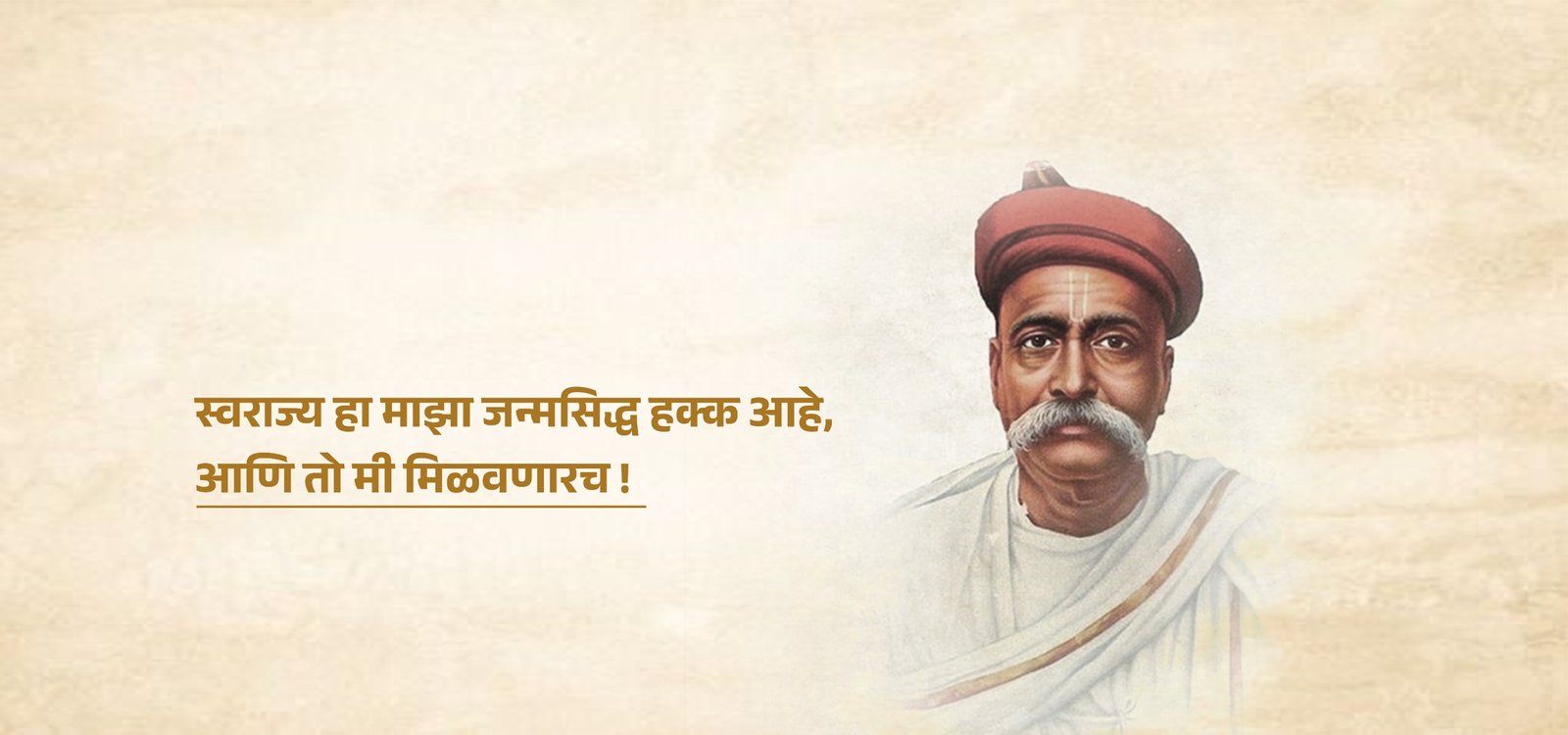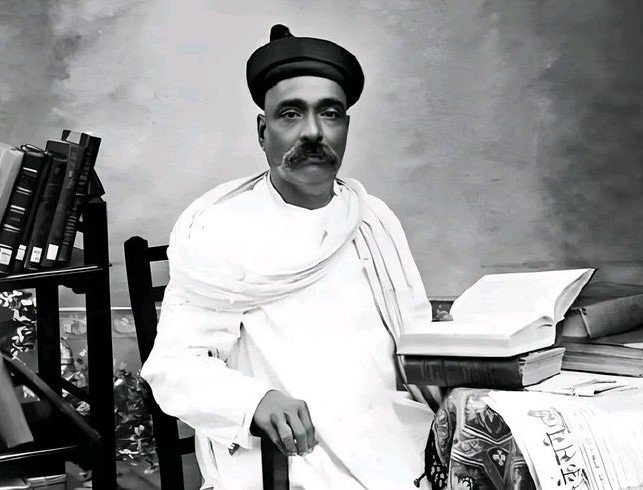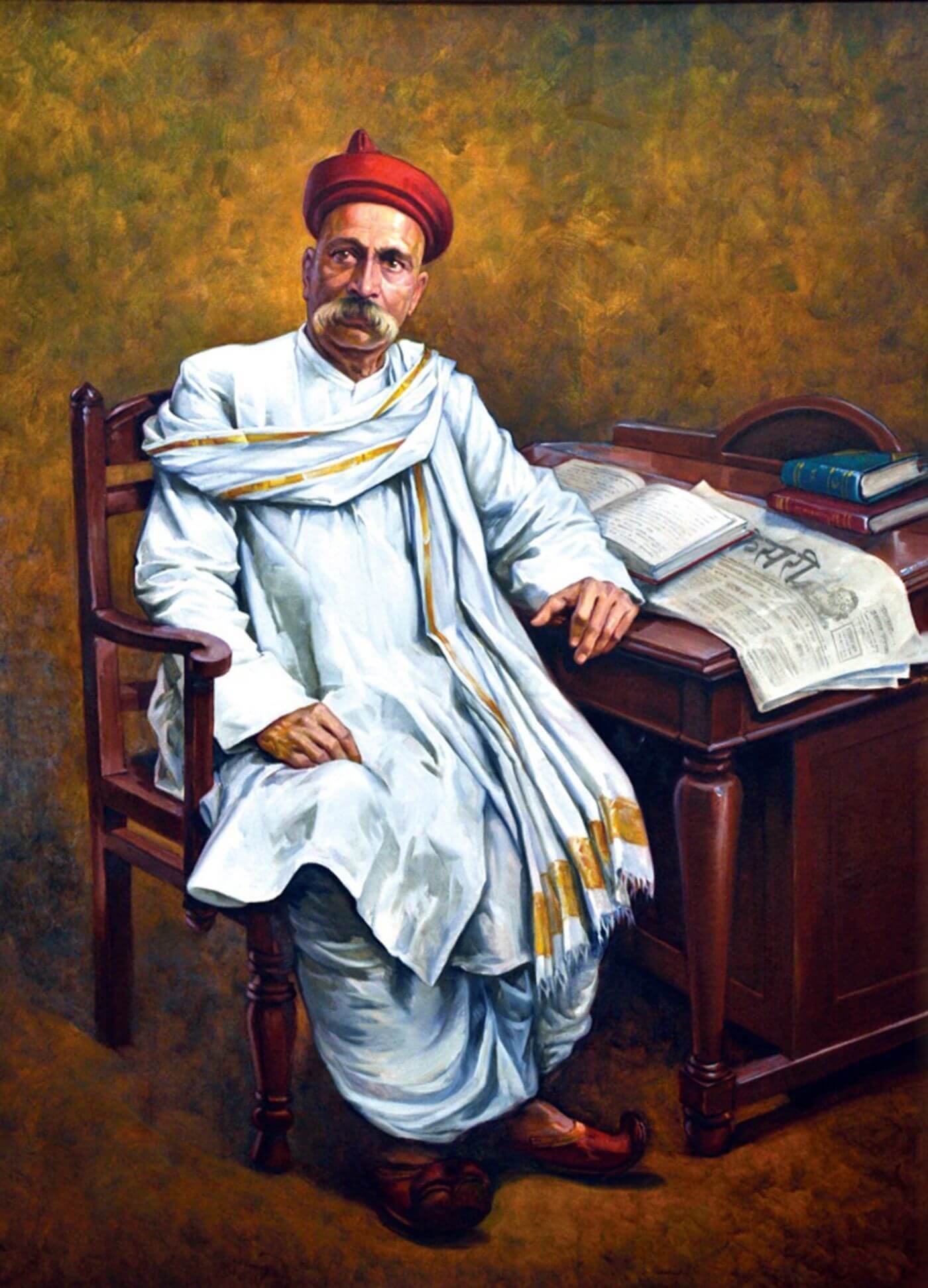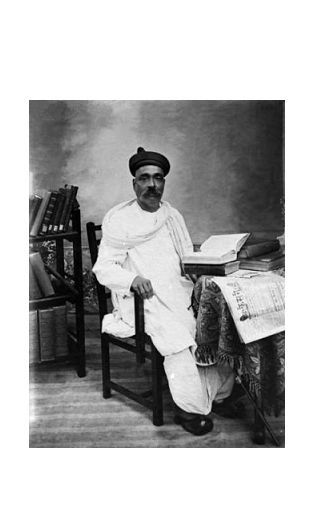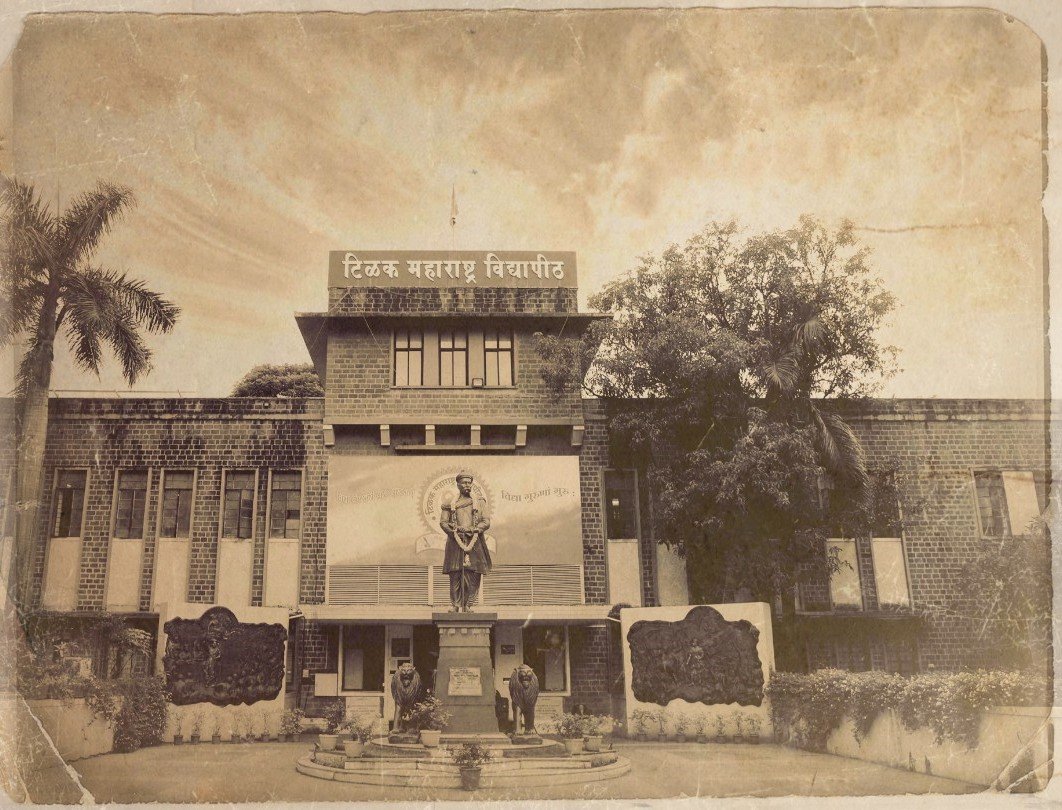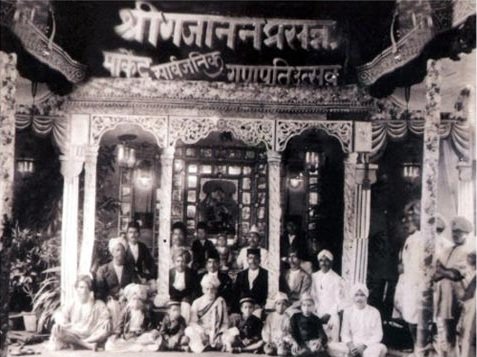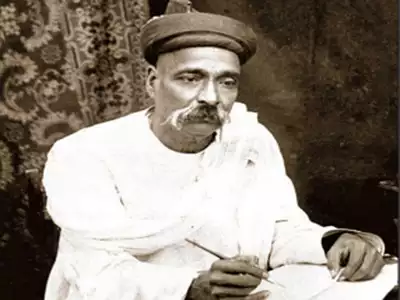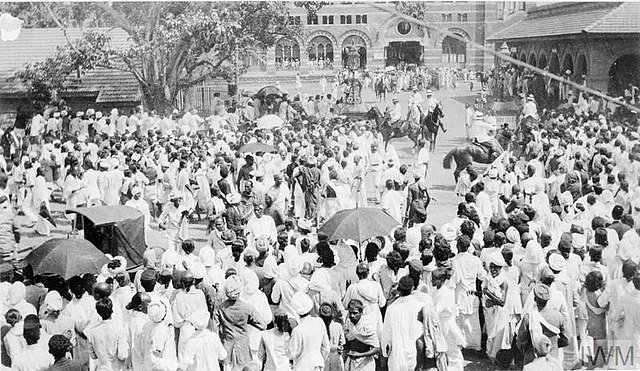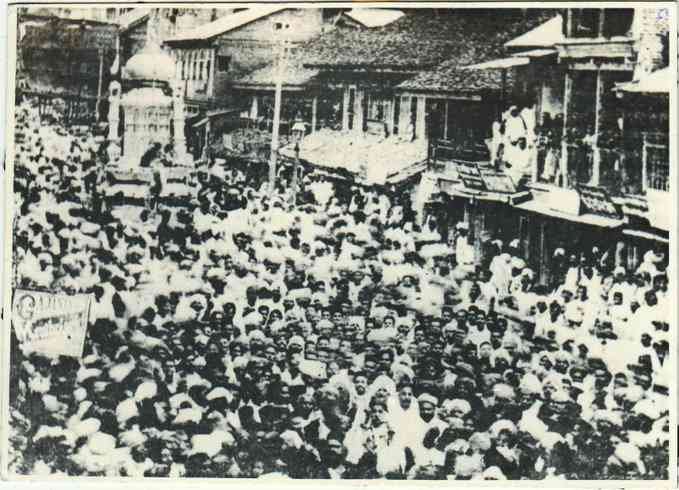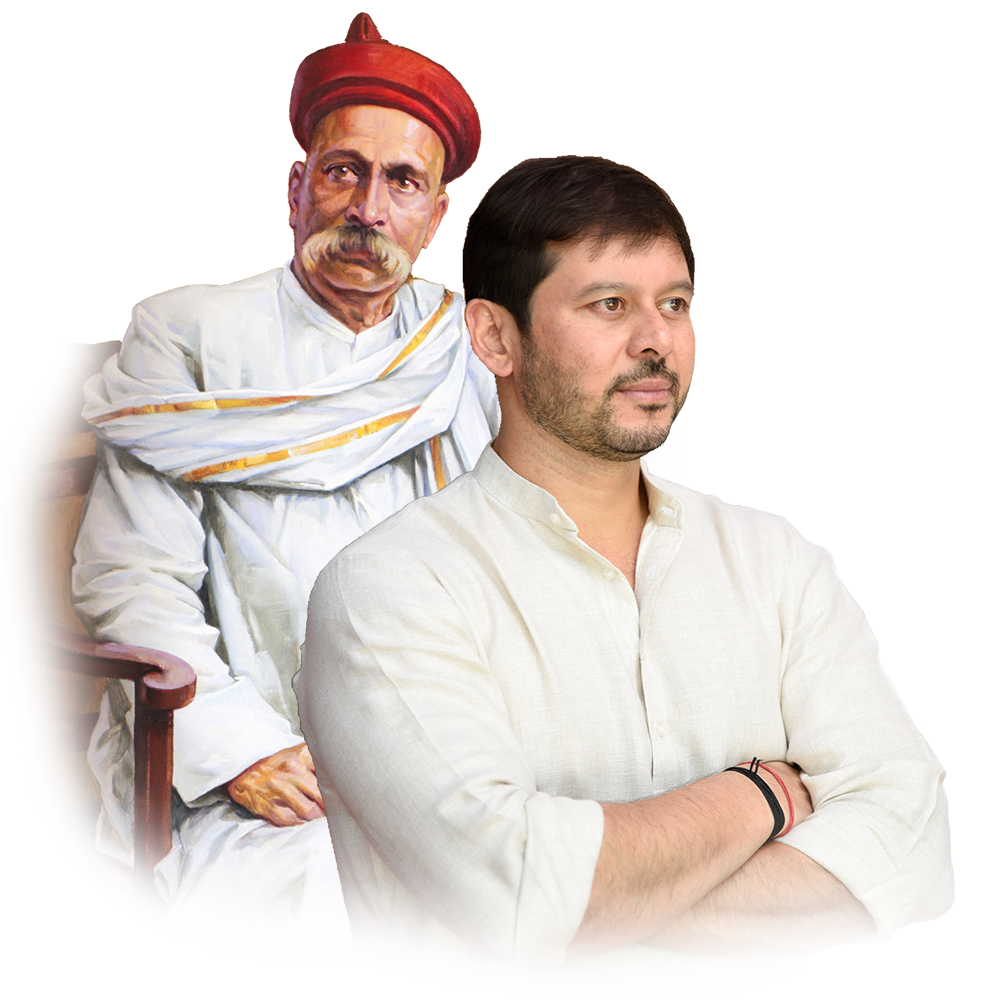Birth and Early Education
Lokmanya Bal Gangadhar Tilak was born on July 23, 1856, in Ratnagiri, Maharashtra. He completed his Bachelor of Arts in Mathematics from Deccan College, Pune, in 1876 and earned a Law degree from the University of Bombay in 1879. Tilak was known for his sharp intellect and deep sense of patriotism from an early age. His educational journey laid the foundation for his leadership in India’s independence movement. He strongly believed that education should foster a sense of national pride and self-reliance among Indians. His early exposure to British policies deeply influenced his nationalist views. Tilak’s academic brilliance earned him respect among his peers and teachers.
1856
Founding of Deccan Education Society
In 1884, Tilak co-founded the Deccan Education Society with Gopal Ganesh Agarkar and other reformers to promote modern, secular education. The society also established Fergusson College in Pune, fostering Indian nationalism and encouraging youth to actively participate in the independence movement. He believed that education was key to awakening political awareness in Indian society. The society’s aim was to provide affordable education rooted in Indian values and traditions. Tilak’s efforts created a generation of educated Indians who contributed significantly to the freedom struggle. His vision focused on creating responsible citizens who could lead the nation.
1884
Cultural Nationalism through Festivals
Tilak popularized public celebrations of Ganesh Chaturthi (1893) and Shivaji Jayanti (1895) to unite people and spread nationalist ideas. These festivals became platforms for raising political awareness and inspiring pride in Indian heritage. His goal was to transform religious and cultural events into mass gatherings for spreading political messages. These celebrations allowed people from all castes and backgrounds to unite under one cause. Tilak used these events to deliver powerful speeches advocating self-rule and independence from British colonialism. These festivals played a crucial role in fostering community spirit and building the foundation for future mass movements like Swadeshi and Non-Cooperation.
1893
Imprisonment and Writings
In 1908, Tilak was imprisoned for sedition due to his revolutionary writings in Kesari. He was sent to Mandalay, Burma, for six years, where he wrote Gita Rahasya, a philosophical interpretation of the Bhagavad Gita promoting selfless action for national service. Tilak’s arrest sparked widespread protests across India and intensified the struggle for freedom. Despite harsh conditions, he used his time in prison for intellectual growth and writing. Gita Rahasya became a highly influential book, motivating many future freedom fighters with its focus on duty and action without attachment. His imprisonment symbolized his sacrifice for the nation and turned him into a hero for millions of Indians seeking liberation from British oppression.
1908
Home Rule and Leadership
After his release, Tilak founded the Home Rule League in 1916 to demand self-governance for India. His slogan, "Swaraj is my birthright, and I shall have it," became a rallying cry for the independence movement. He worked tirelessly to mobilize public opinion against British rule and unite Indians across regions. His leadership brought a sense of urgency and direction to the freedom struggle. Tilak also supported the Khilafat Movement, fostering Hindu-Muslim unity against British colonial policies. He played a vital role in bridging gaps between moderates and extremists in the Indian National Congress. His efforts created a mass political awakening, and his strategies laid the groundwork for future leaders like Mahatma Gandhi to launch large-scale national movements.
1916
Legacy and Death
Tilak passed away on August 1, 1920, leaving behind a profound legacy in India’s fight for freedom. His relentless struggle earned him the title "Father of Indian Unrest" from British colonialists, acknowledging his pivotal role in resisting colonial rule. His ideas inspired generations of leaders and activists who followed in his footsteps. Tilak’s writings and speeches continue to be studied as symbols of Indian nationalism and resistance. Leaders like Mahatma Gandhi and Jawaharlal Nehru admired his dedication and unwavering commitment to India’s independence. His influence extended beyond politics into education, literature, and social reforms. Even today, Tilak’s contributions are remembered as a cornerstone of India’s journey toward becoming a free nation.

